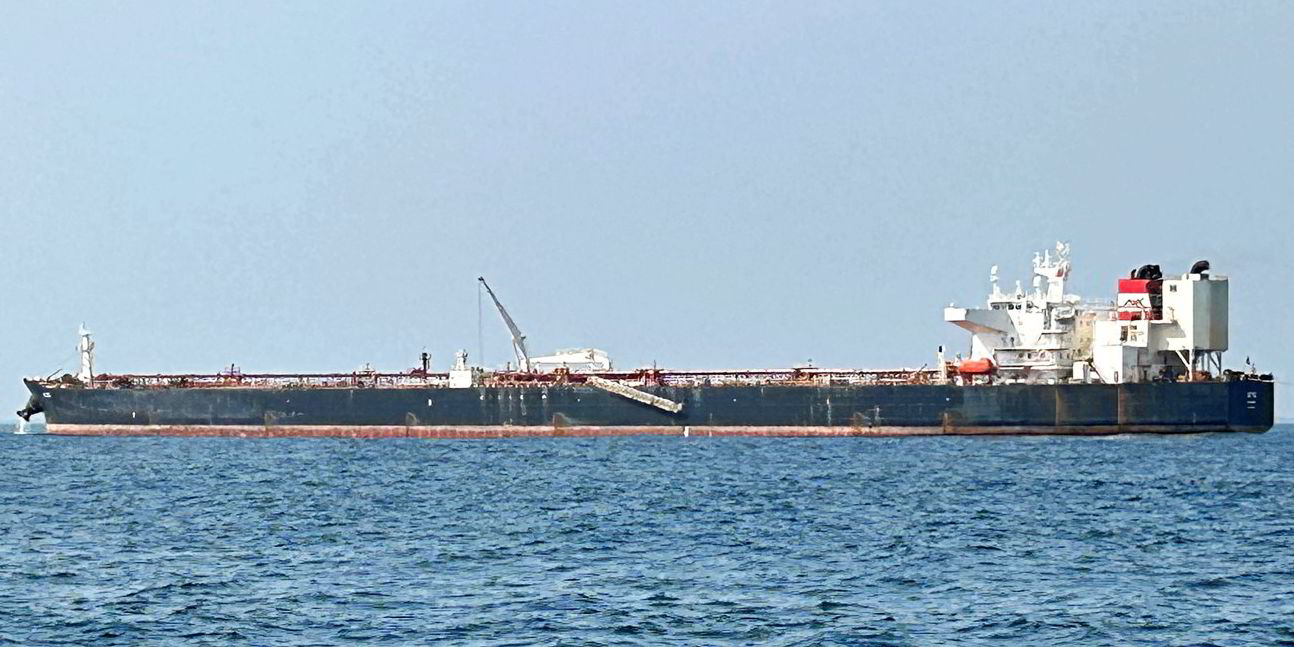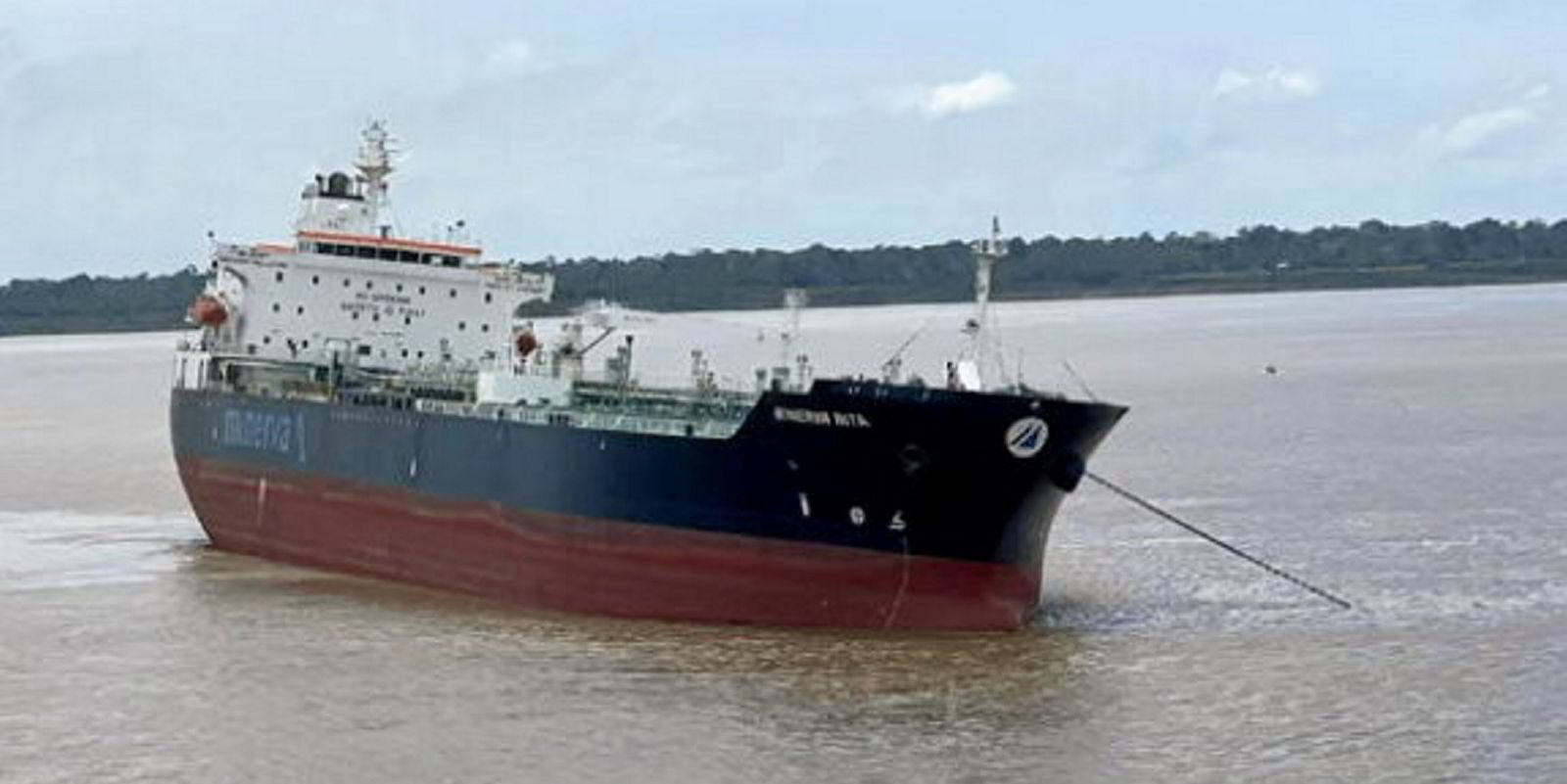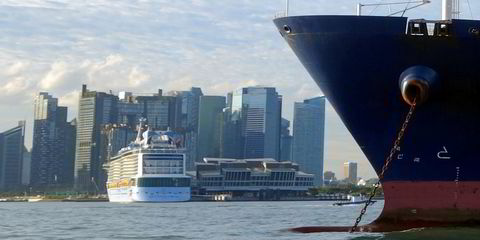Nigeria’s big Dangote refinery is receiving its first crude cargo in what will be a shake-up for the tanker sector.
Domestic media reported that Moundreas company NGM Energy’s 157,700-dwt suezmax Otis (built 2010) brought in 950,000 barrels of crude for the $19bn plant near Lagos.
S&P Global said the Nigerian Agbami crude is to be unloaded at the Lekki terminal, the nearest to the 650,000 barrels per day (bpd) Dangote refinery.
Crude tankers will find regular employment for feedstock deliveries, although on shorter hauls, but brokers believe product carrier demand will be hit as Nigeria aims for self-sufficiency in refined oil.
The charterer, Nigerian National Petroleum, is reported to have already fixed a number of other tankers to bring in crude from domestic oil fields later in December.
The plant, owned by tycoon Aliko Dangote, has been delayed for a number of years but was finally completed in May.
Oil traders said it missed a start-up target of August due to a shortage of domestic crude.
Dangote, president of Dangote Group and Africa’s richest man, told Business Insider the shipment confirmed a significant milestone.
Now the focus is on ensuring the refinery reaches its full capacity.
Capacity is currently 350,000 bpd, according to Dangote.
‘Important achievement’
“This is an important achievement for our country as it demonstrates our ability to develop and deliver large capital projects,” he said.
“Our focus over the coming months is to ramp up the refinery to its full capacity. I look forward to the next significant milestone when we deliver the first batch of products to the Nigerian market.”
French shipbroker BRS Group has called the refinery a “game-changer” for Nigerian efforts to reduce imports of 600,000 bpd of refined oils.
Most refined oil had previously been shipped from Europe.
BRS said earlier this year that Nigeria’s current crude exports of 1.6m bpd would be diverted to the Dangote plant.
“This implies that Nigerian crude and condensate exports would plunge from today’s 1.6m bpd to potentially a trickle. This would hit regional VLCC and suezmax demand,” the Paris shop added.





